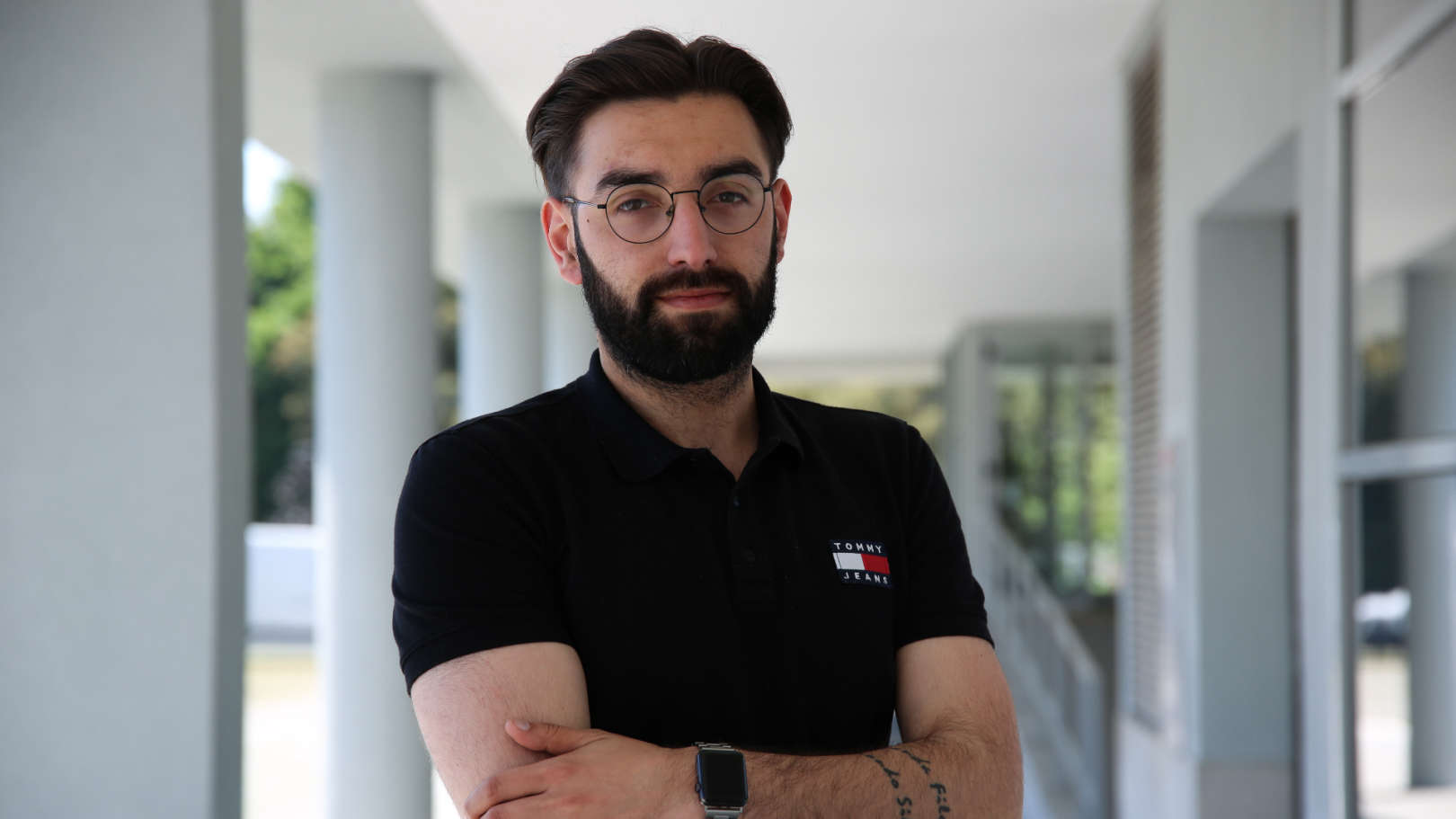About
Researcher at INESC TEC since 2022, where he has been collaborating in the Centre for Enterprise Systems Engineering (CESE), in the area of Architecture and Development of Enterprise Support Systems. He has been a Assistant Teacher at the School of Technology and Management (ESTG) of the Polytechnic Institute of Porto (IPP) since 2022, where he teaches Software Engineering classes, covering topics essential to Software Architecture and Quality and Software Development Management.
He has worked in other consultancy companies in the area of Information Systems applied to Industry, participating in various projects aimed at the digital transition and training of companies in the area.
Master's degree in Computer Engineering from the School of Technology and Management at the Polytechnic Institute of Porto, where he developed his dissertation entitled "Analysing Supplier and Subcontractor Data to Support Decision-Making in Production Planning: The Case of the Footwear Cluster". His dissertation resulted in a contribution to the CNI4.0 Foot project, with the implementation of two Machine Learning algorithms, one for classifying suppliers and the other for predicting raw material delivery dates. These two algorithms are integrated into the ERP of an INESC TEC partner company.
Graduated in Computer Engineering from the School of Technology and Management at the Polytechnic Institute of Porto.


